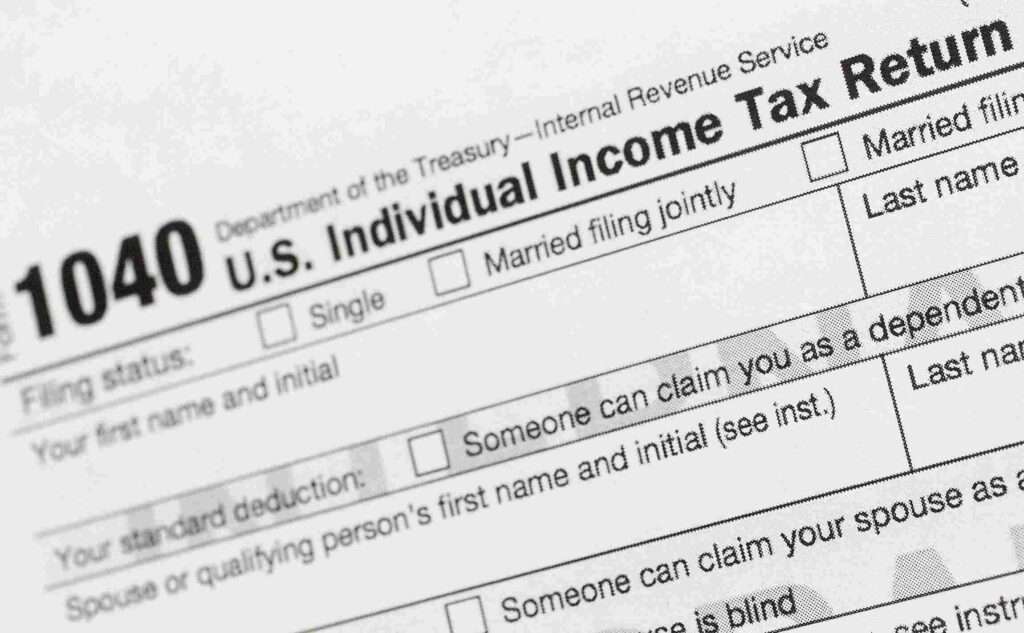
In response to last winter’s devastating natural disasters, the Internal Revenue Service (IRS) has extended the federal tax filing deadline to November 16, 2023, for taxpayers in 55 of California’s 58 counties, excluding Lassen, Modoc, and Shasta counties. However, this extension does not apply to state taxes.
The decision comes in the wake of a series of natural disasters that hit the state last winter. These included severe winter storms, flooding, landslides, and mudslides. The IRS based its decision on three different FEMA disaster declarations that covered these events.
Robert W. Wood, a senior contributor at Forbes who focuses on taxes and litigation, confirmed the extension. He said, “The IRS further postponed tax deadlines for most California taxpayers to Nov. 16, 2023. In the wake of last winter’s natural disasters, the normal spring due dates had previously been postponed to Oct. 16.”
Taxpayers who reside in or have a business in the disaster area can qualify for tax relief. This means that certain deadlines falling on or after the disaster date and before January 15, 2024, are granted additional time to file through November 16, 2023.
This includes 2022 individual income tax returns normally due on April 15. It also includes the quarterly estimated income tax payments due on April 15 and June 15, and the quarterly payroll and excise tax returns normally due on April 30 and July 31.
Kelly Phillips Erb, a staff writer at Forbes, also commented on the extension: “With hours to go before the filing deadline, the IRS has further postponed tax deadlines for most California taxpayers to Nov. 16, 2023.”
It’s recommended that affected taxpayers claim disaster-related casualty losses on their federal income tax return for either this year or last year. Claiming these losses on either an original or amended return for last year will get the taxpayer an earlier refund but waiting to claim them on this year’s return could result in a greater tax saving, depending on other income factors.
Individuals may deduct personal property losses that are not covered by insurance or other reimbursements but they must first subtract $100 for each casualty event and then subtract 10 percent of their adjusted gross income from their total casualty losses for the year.
For more information on what constitutes a casualty loss and how to claim it, as well as details about specific counties included in the disaster area, visit IRS.gov/disaster. The IRS website has all the necessary forms that can be downloaded and filled out by taxpayers. It also has an interactive tax assistant tool that can help answer many disaster-related tax questions.
Affected taxpayers who are contacted by the IRS on a collection or examination matter should explain how the disaster impacts them so that the IRS can provide appropriate consideration to their case.
The extension of the federal tax filing deadline by the IRS to November 16, 2023, is a significant relief for most Californians affected by last winter’s natural disasters. However, it’s crucial to remember that this extension does not apply to state taxes. Taxpayers are encouraged to take advantage of this extension and ensure they have all the necessary documentation and information to file their taxes accurately. As always, it’s recommended to consult with a tax professional if there are any uncertainties or questions. This event underscores the importance of being prepared and staying informed about tax deadlines, especially in the face of unexpected circumstances.
ALSO READ | US Warns EU AI Law Could Stifle Innovation for Small Businesses